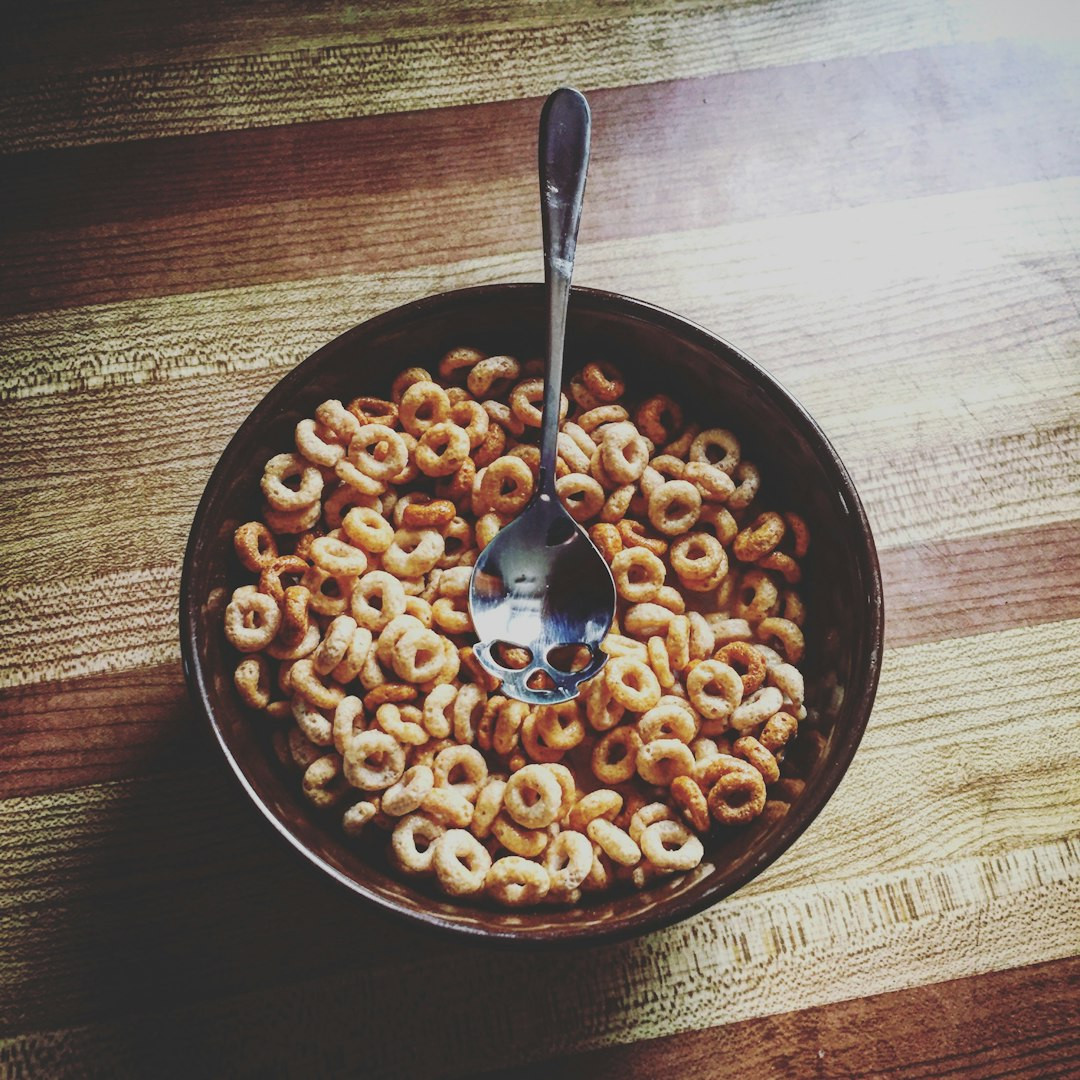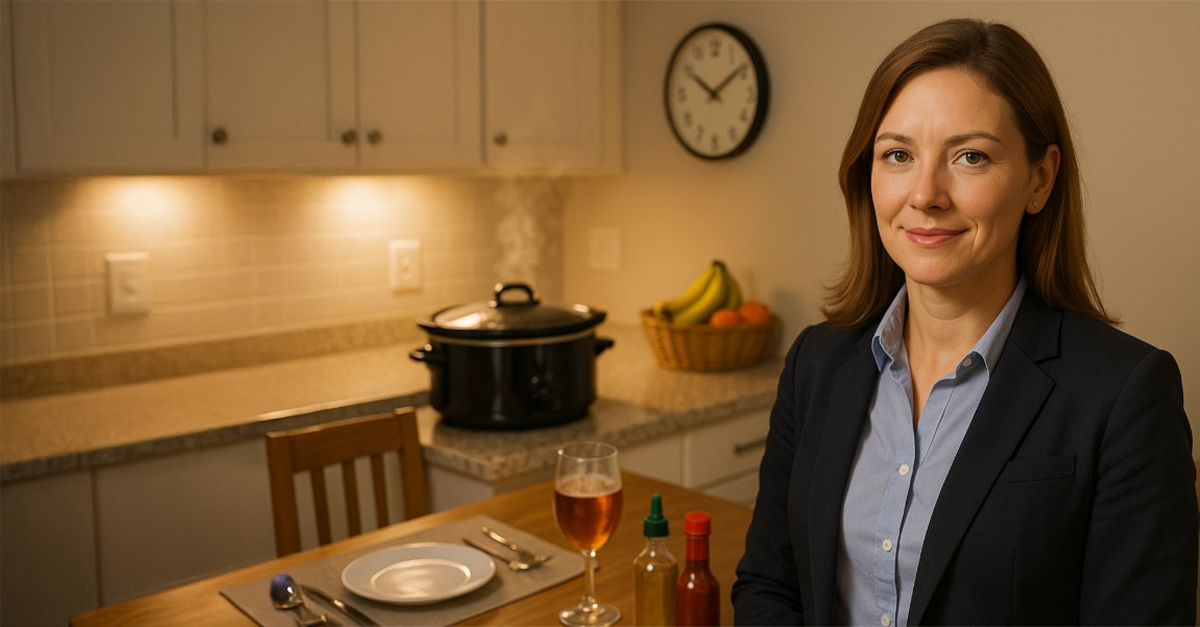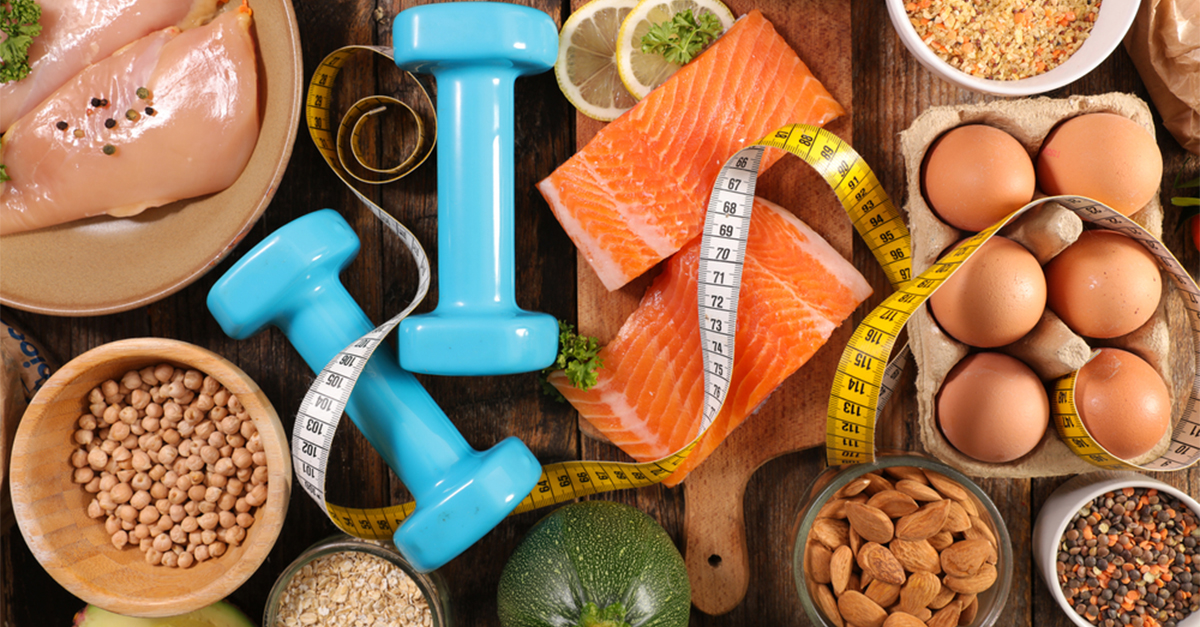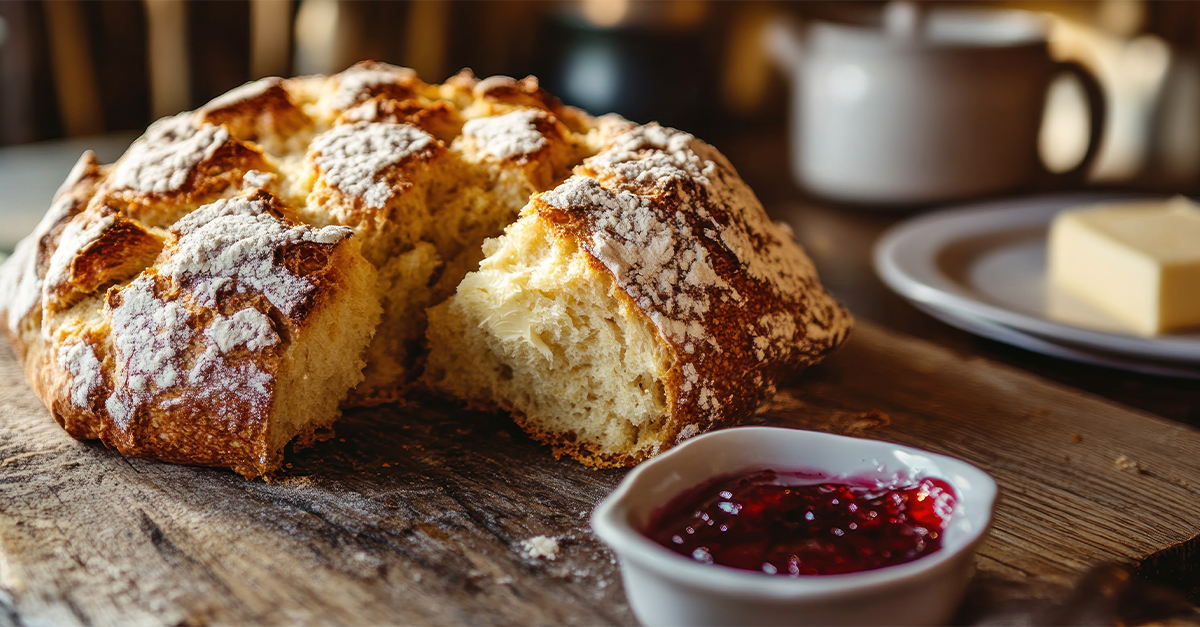Gluten-free products are important for those with celiac disease or gluten intolerance, but many others have adopted a gluten-free diet believing it’s healthier. But removing gluten doesn’t guarantee better nutrition. Many gluten-free products are just as unhealthy, or even worse than products with gluten.
Understanding Gluten's Role In Food
Gluten is a protein in wheat, barley, and rye. It makes dough elastic and gives bread its chewy texture. For those with celiac disease, eating gluten triggers an immune response that damages the small intestine. Those with non-celiac gluten sensitivity can also experience discomfort. For the rest of us, gluten on its own isn’t harmful and plays an important role in many nutritious whole-grain products.
The Nutritional Trade-Off In Processed Products
Many gluten-free products use refined flours like rice, tapioca, or potato starch to mimic the texture of wheat-based foods. These substitutes often lack fiber, vitamins, and minerals found in whole grains. Additionally, to improve taste and texture, manufacturers frequently add extra sugar, fat, or salt, turning gluten-free versions into highly processed foods that offer little nutritional benefit.
Higher Sugar And Fat Content
A surprising number of gluten-free snacks, baked goods, and cereals contain significantly more sugar and fat than their traditional versions. This can lead to unintended weight gain, blood sugar spikes, and increased risk of metabolic issues if consumed regularly. People often overlook nutrition labels, assuming “gluten-free” automatically means better for their health.
The Fiber Deficiency Issue
Whole-grain products like whole wheat bread or oats are excellent sources of dietary fiber, which supports digestive health and helps maintain stable blood sugar levels. Many gluten-free alternatives lack sufficient fiber, leaving individuals prone to constipation and other digestive problems if they don’t eat other fiber-rich foods like fruits, vegetables, legumes, and seeds.
Misleading Health Halo Effect
The term “gluten-free” can create a health halo, making people think they’re making better dietary choices. This effect can lead to overconsumption of products that are still high in calories, sugar, and unhealthy fats. Snack bars, cookies, and crackers labeled as gluten-free aren’t automatically nutritious and you should look at their complete nutritional profile.
The Cost Factor
To make matters worse, gluten-free products are often more expensive than their regular counterparts. This added cost can strain household budgets without providing any health benefits for those who don’t medically require gluten-free diets. The premium pricing takes advantage of consumer perception rather than any nutritional improvements.
The Importance Of Whole Foods
Anyone seeking better nutrition should focus on whole, minimally processed foods. That’s far more beneficial than just eliminating gluten. Fresh fruits, vegetables, lean proteins, nuts, seeds, and naturally gluten-free grains like quinoa and brown rice give essential nutrients and promote long-term health, without relying on processed gluten-free substitutes.
Who Really Needs Gluten-Free?
Medical experts agree that only individuals with diagnosed celiac disease, wheat allergies, or gluten sensitivities need to avoid gluten entirely. For most people, gluten is a safe part of a balanced diet. Self-diagnosing or adopting gluten-free eating without medical advice can lead to unnecessary dietary restrictions and nutrient gaps.
Making Smarter Choices
If you choose gluten-free products, always read nutrition labels carefully. Look for products high in fiber, low in added sugars, and made with nutrient-rich ingredients like almond flour, buckwheat, or sorghum. Talking to a registered dietitian can also help your dietary choices support your health goals rather than unknowingly compromise them.
The Bottom Line
Going gluten-free doesn’t automatically mean healthy eating. The key to long-term wellness lies in balanced, whole-food nutrition suited to your individual needs. Avoid falling for advertising hype, and make informed food choices that prioritize real nutritional value over trendy labels.
You May Also Like:
Tips For Baking With Whole Wheat Flour
Prediabetes Foods To Enjoy And Avoid










